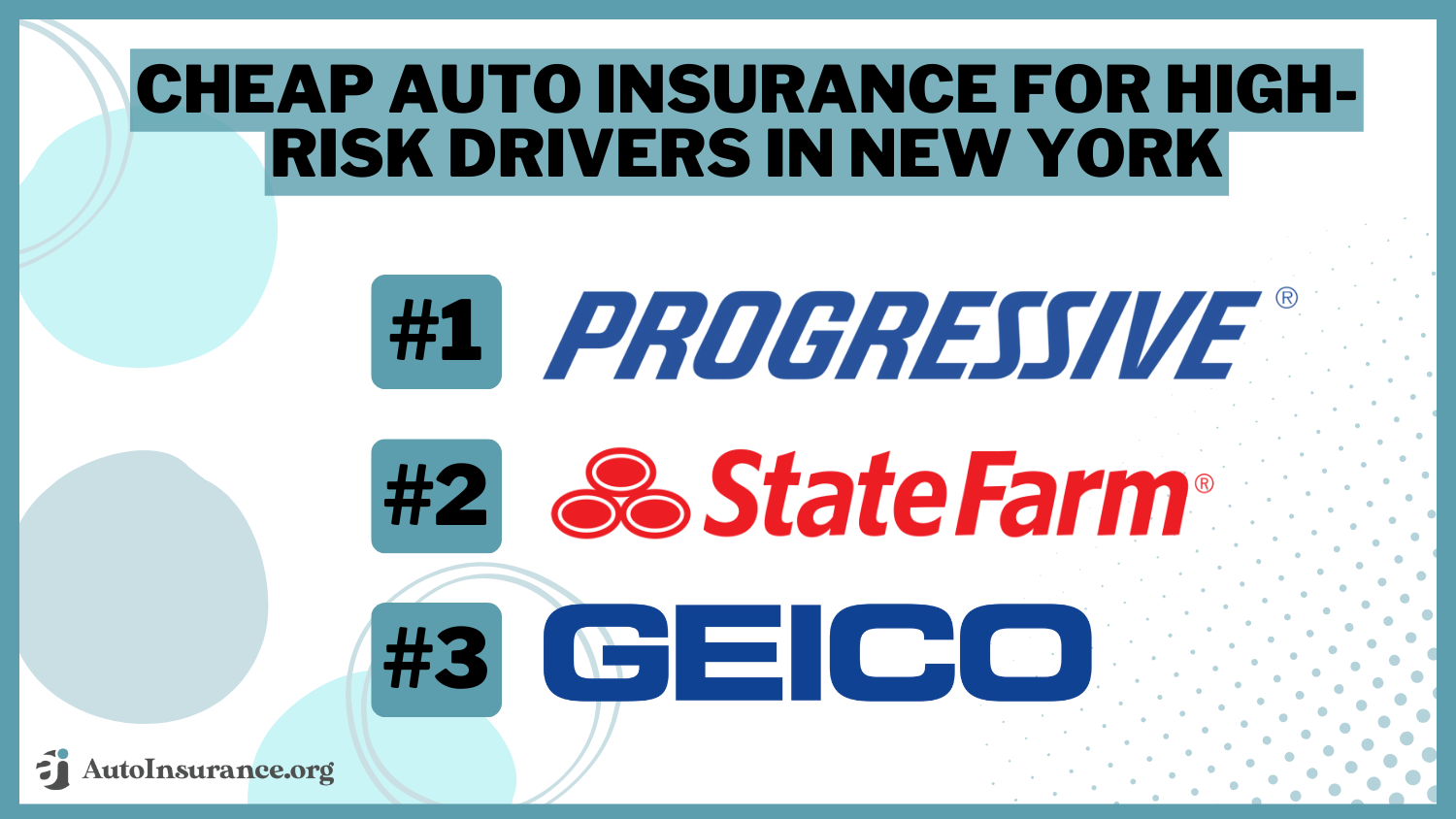Car insurance is an essential aspect of prudent vehicle ownership, providing financial protection against a number of risks that drivers face on the road. For numerous individuals, navigating the world of auto insurance can be overwhelming, with a multitude of choices, coverage types, and terms that might appear complicated at first. Understanding the fundamentals of car insurance is vital not only for compliance with statutory requirements but also for protecting your finances in the event of an incident or damage to your vehicle.
As a driver, being knowledgeable about car insurance helps you make wiser decisions about the coverage you require. From liability and collision coverage to understanding deductibles and premiums, there are many factors that impact your insurance situation. This article intends to break down the essential elements of car insurance, helping you grasp what every driver should know to ensure they are sufficiently protected while on the road.

Types of Car Insurance
There are a number of types of car insurance policies available, each aimed at fulfilling diverse wants and needs of drivers. Among the most prevalent types is liability insurance, mandated in most states. This type of insurance pays for the harm and damage inflicted on others in an accident where you are at fault. It typically includes bodily injury liability and property damage liability, safeguarding you from financial loss from claims made by others.
An additional common type is comprehensive coverage, that safeguards your vehicle from non-collision-related incidents. It encompasses theft, vandalism, natural disasters, and hitting an animal. Comprehensive insurance is particularly important for those who live in areas prone to such risks or for drivers with newer, more expensive vehicles. It provides reassurance knowing that you are covered not just for accidents on the road but for other unforeseen incidents.
Collision insurance is an additional essential component of many drivers' auto insurance coverages. This coverage pays for damages to your vehicle resulting from a collision with another vehicle or object, no matter who caused it. If you are financing or leasing your car, lenders typically require collision insurance. Combined, these types of coverage help ensure that you are financially protected in various driving scenarios, giving you the confidence to hit the road.
Factors Influencing Premiums
Several important aspects determine the costs that drivers pay for car insurance. One major factor is the operator's age and driving experience. In general, younger drivers or those with less background tend to face elevated rates due to their increased risk of incidents. Insurers commonly view older, more experienced drivers as more reliable behind the wheel, which can lead to reduced premiums.
The category of vehicle also plays a major role in influencing insurance costs. Vehicles that are costlier to fix or replace typically come with increased costs. Additionally, automobiles with enhanced safety features may be eligible for reduced costs, as they are seen as less likely to be associated with severe accidents. Insurers will also take into account the potential for being stolen or the vehicle's safety ratings.
One more significant element is the motorist's record of claims and credit score. A history of past claims can indicate to insurers that a driver is at higher risk, resulting in increased rates. In the same way, a person's financial score can affect costs, as insurers often use it as a measure of financial responsibility. Higher credit ratings may lead to lower premiums, while decreased figures could indicate higher costs for auto insurance.
Methods to Select a Suitable Policy
Picking a proper car insurance policy begins with understanding your unique needs as a driver. Consider factors such as your motor habits, the type of vehicle you own, and your budget. If you drive a newer car, you may want a policy with extensive coverage to protect against theft or damage. Conversely, if your car is vintage, minimum liability coverage may be adequate. It's essential to assess how much coverage you need based on your risk tolerance and lifestyle.
Next, shop around and contrast quotes from different providers. Insurance companies often have varying rates for the same coverage, so investing time in gather multiple quotes can result in substantial savings. Consider beyond just the price; review the company’s status, customer service, and claims process. Checking reviews and asking friends or family about their experiences can provide insights into which insurers are trustworthy and offer comprehensive support.
In conclusion, familiarize yourself with the terms and conditions of each policy before finalizing a decision. Pay attention to the deductibles, coverage limits, and any exclusions that may apply. cheapest car insurance Dallas hesitate to contact insurance agents for clarification on any points you find unclear. The goal is to make sure you find a policy that not only fits your budget but also grants you peace of mind while on the road.
